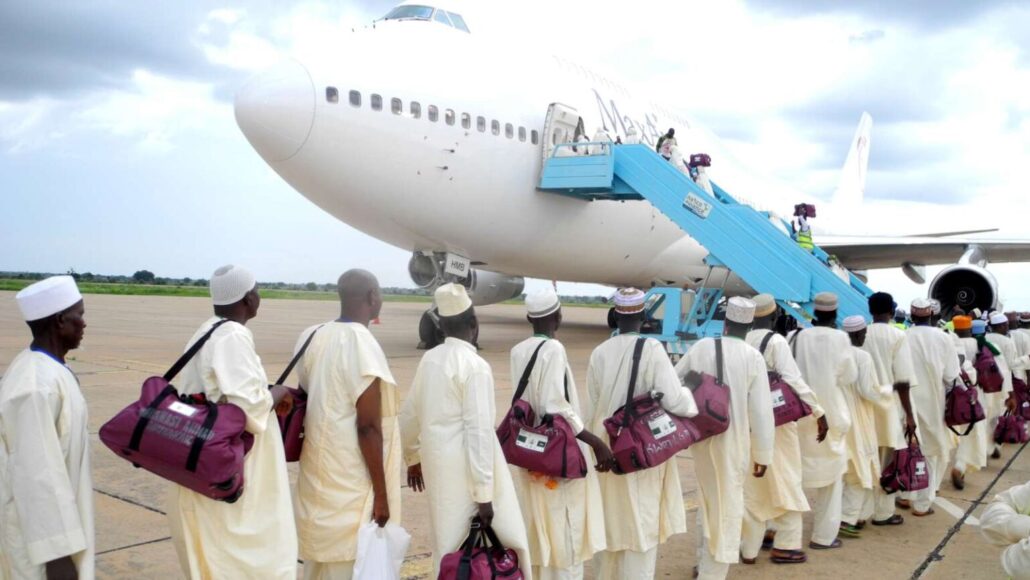Latest News
Panic Over Saudi Visa Ban: Will Nigerians Miss 2025 Hajj? Here’s What You Need to Know

Confusion has gripped many Nigerians following Saudi Arabia’s announcement of a temporary visa suspension affecting 14 countries, including Nigeria—just months ahead of the 2025 Hajj.
The Saudi government revealed that starting April 13, 2025, it will halt the issuance of several short-term visa categories—including business, tourist, and family visit visas—for citizens of Nigeria, Egypt, India, Pakistan, Indonesia, and others. Holders of valid visas from these countries must enter Saudi Arabia before the deadline and leave by April 29 or risk facing penalties such as a five-year entry ban.
This new measure, which will remain in place until the end of the Hajj season in June, has sparked widespread concern and speculation across Nigerian social media, with many wrongly assuming that it signals a total ban on Nigerian pilgrims for the 2025 Hajj.
However, officials have clarified that the restrictions only apply to short-term non-pilgrimage visas and do not affect those registered under the official Hajj scheme managed by the National Hajj Commission of Nigeria (NAHCON) or accredited tour operators.
RELATED STORIES
Muslim pilgrims lament high prices of commodities in Saudi Arabia
Osun pilgrims protest over food quality in Saudi Arabia after paying N3m (VIDEO)
A NAHCON spokesperson told The Guardian that Saudi Arabia routinely adjusts its visa policies to manage crowd control and ensure safety, particularly after the 2024 Hajj recorded over 1,300 deaths—mostly from heat-related conditions and unregistered pilgrims using inappropriate visas.
Saudi authorities stressed that the goal is to prevent misuse of tourist or Umrah visas for Hajj, which has led to chaotic scenes and overpopulation in previous years. The visa policy also aligns with restrictions from February 2025, which limited certain countries to single-entry, 30-day visas while suspending long-term multiple-entry options.
Nigerians intending to travel for Hajj through legal and approved channels have been assured they will not be affected by the new directive. Stakeholders have been encouraged to seek official guidance from the Ministry of Foreign Affairs or Saudi embassies rather than relying on online speculation.
